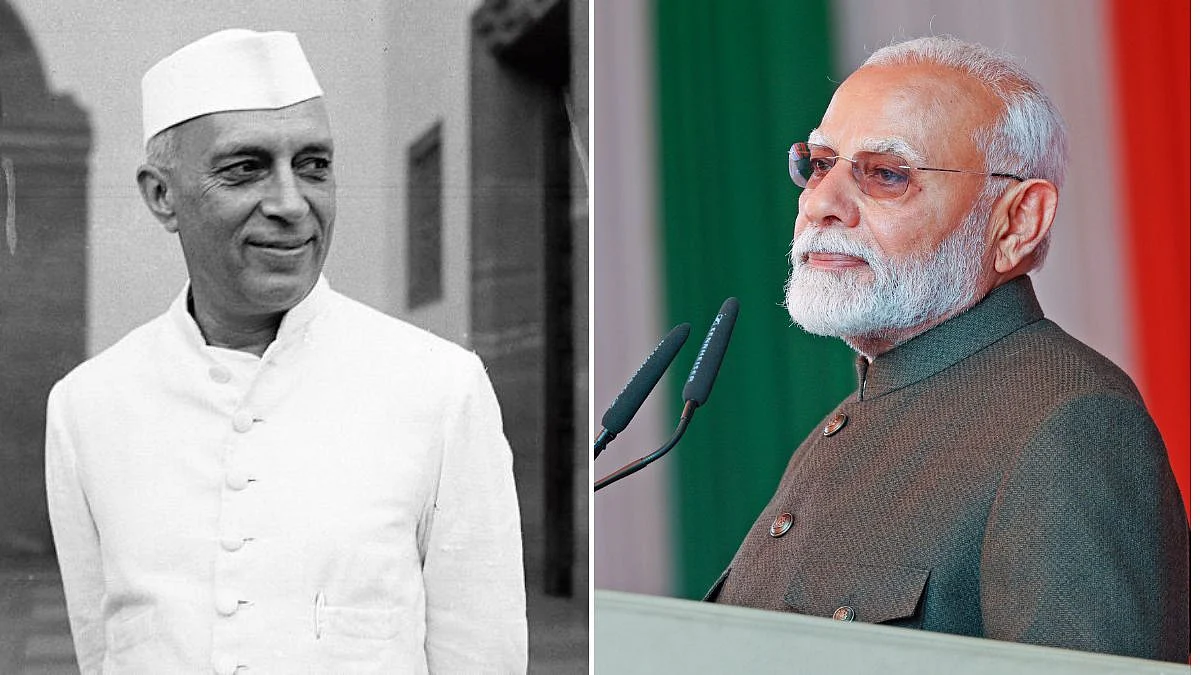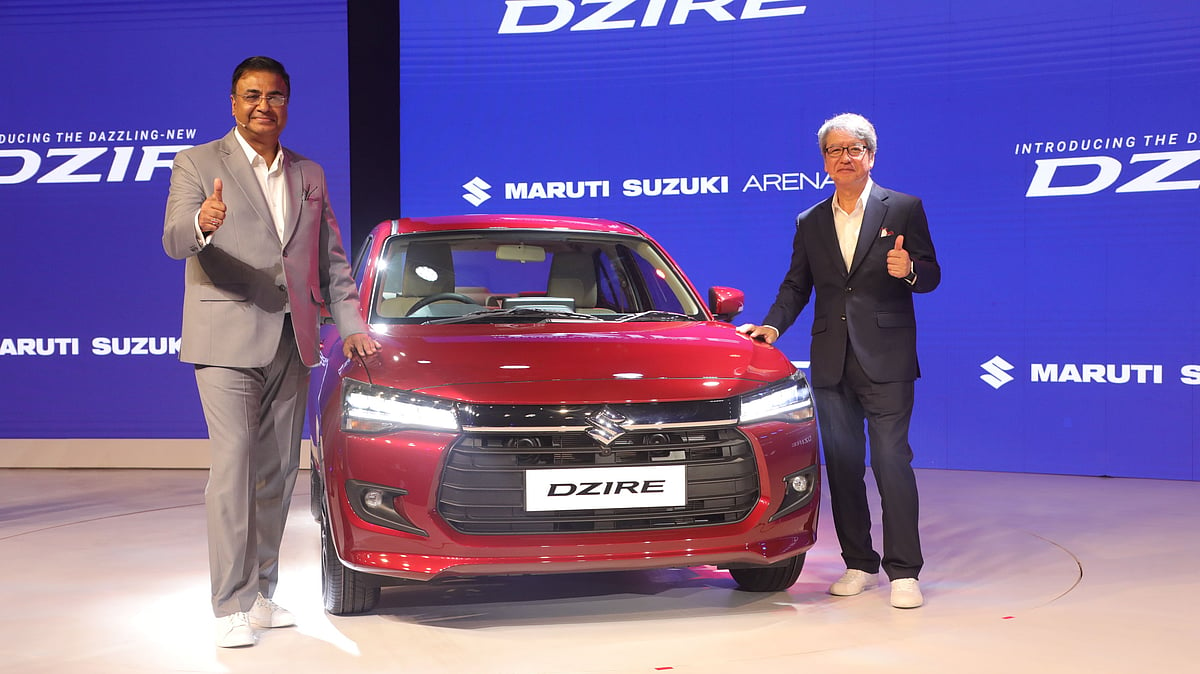For one of the largest employers – the retail sector – the lockdown period is no more than a challenge. On the one hand, it has to serve their customers and on the other hand, it has to keep its employees safe. To top it all, it has had to engage with all stakeholders to make the journey smooth.
One player that has managed to look at the opportunities rather than the challenges is Big Bazaar. In a webinar on 'The future of Retail after COVID-19' organised by The Free Press Journal-IIM Indore, Sadashiv Nayak, CEO of Big Bazaar, shares the strategic approach of the company and its micromanagement.
Supported by BIG FM and Moneylife, this webinar with Nayak was the fifth session in the ‘India After COVID-19’ series. Meanwhile, the session was moderated by FPJ's RN Bhaskar and IIM Indore's Himanshu Rai. Below are the edited excerpts of the session.
Big Bazaar is in the business of serving consumption. This is true of all other retailers which include small grocery stores as well. I have always respected these small grocery stores, but at this time of the pandemic, my respect for them has grown exponentially. Today at this webinar, I am representing the retail sector.
In the last five weeks, the sector was like running in a treadmill in total darkness, and with untied shoelaces. The reasons were several – from having no business to having lots of other elements to manage.
But in this process, some people have come out victorious. Firstly, the shopkeepers and vendors mostly in the unorganised sector won. They have been serving people at such challenging times. The delivery staff have been delivering goods even though they faced resistance.
Our staff won too. On a daily basis, we have around 8,000-9,000 staff members coming to their workstations every day since the lockdown.
Most importantly, customers won as well. In many places, customers came to our store. And for those regular customers who were unable to walk into the store – we started a special service – they were able to order their groceries over the phone. During this lockdown, many customers who walked into our stores started giving us suggestions and we made sure we executed it. Many senior citizens gave us orders through Whatsapp too.
In some parts of the World, people were seen fighting and bashing each other up over toilet paper. But such acts of violence were relatively low in our country. And we were among the fortunate few to not have customers getting upset with us. Maybe things would have been different in the hinterland.
On several occasions, we realised there are customers who were buying essentials for their neighbours or friends or anyone who needed help like differently-abled people and senior citizens. This shows how our customers won.
Some areas of attention
It was during this crisis, we developed a great respect for daily cash flows. We had to make sure that we do not hurt anyone in our supply chain due to lack of cash flow. So, we only stocked essentials and that too as per the daily demand of the stores. Every store was micromanaging their cash flow – almost akin to the parta system (a daily cashflow based accounting system followed by many traditional businesses, mostly Gujaratis and Marwaris) – and we were cautious of any disruption.
Yet another area we had to focus on is advocacy. At such times, there were many queries raised and we had to answer and reassure a lot of people. From local authorities to police, to the ministry of health and others – all of them constantly engaged with us. The voice of advocacy mattered at this juncture.
Two state governments approached us for the Standard Operating Procedures (SOP) that Big Bazaar had developed. This SOP was later shared with the local grocers who didn't know to follow systemic processes while going on with business. We converted the SOP into local languages and created audio and visual medium among other things. Our team went out and taught these small grocers the way to maintain and practise social distancing.
In the Agricultural Produce Market Committee (APMC) market, there was trouble and trucks piled up. So, we shared our learning on ways to manage the inward and outward flow of trucks. This is because most of our stores witness a huge influx of trucks. We were able to influence the government to follow a time slot in which citizens are safe and it is a sustainable proposition to the retailer as well.
Other than taking care of our employees' and customers' safety, we made sure that we communicated as much as possible.
Today, our marketing team is working on a zero-budget campaign. They are planning for a Ramazan campaign. We engage with our customers. It is important at this time.
In the case of our staff, we had to communicate with the families of our 30,000 staff members. We informed them about the safety measures adopted by us to keep our staff safe. We allowed our staff to stay back in case their family members had any concerns.
During such times, I think there is a need to give a lot of reassurance, communicate constantly and give a lot of hope. At the end of the day, I tell my team that we will survive this.
The important question here is not about survival but how many people can we save along with us. For instance, if Big Bazaar stores don't manage cash flows, our distributors, farmers, manufacturers and everyone in our supply chain will be hit. So, we are very cautious about it.
Experience during the pandemic
As we were not allowed to sell non-essentials, there was a reduction in the crowds. Over 50 per cent of our stores were shut.
There were more people who turned up only to buy essentials. More essentials had to flow in on a daily basis.
When we informed our customers that we will charge for delivery, they were happy that we were at least serving them by delivering at their homes. It was important that we communicate this to our customers.
We told our team that if this delivery option is unsustainable and unviable for an outlet then it should not be taken up. Sustainability is very important for us, at this point of time than ever before, as we have around 30,000 people backing us.
Our last mile partners willingly operated within the cost we charged our customers.
We also had two of our competitors offering the services of their employees as they did not need them. This showed how we have evolved as a community.
Saving jobs
We made an internal call that no staff will lose his or her job. So, we gave everyone whatever little we had. For the first three weeks, we stopped sales of non-essentials. But now it has been restored.
If the consumption grows, we don't see jobs in the sector getting affected. We will not see any long-standing dent.
Physical or online: It is physical and online
In a few weeks’ time, we readied a mobile shopping application which was immediately activated. Early, we took two or three days to deliver the order taken through the application. Now, we have perfected the application. So, now we can deliver orders the very next day.
For the first seven days, I was addressing all the complaints coming in my Linkedin account and other profiles. Our staff members at stores gave out their numbers to help people. Even while these employees were at home or about to sleep, people would call them asking them to deliver essentials. In the case of our Ghaziabad outlet, there was a point when there were so many calls. So, the line collapsed.
Through this experience, we learnt that a large part of India wants to talk and place orders with a voice at the other end. Thus, we are looking at exploring chatbots for such services.
Initially, we were taking orders over the phone. But as soon as the application came in we were diverting calls to the application.
The biggest advantage for us is that we are located at 280 locations, unlike the e-commerce sites that have dark stores and are present in a limited geography. This allows us to serve our customers better.
We also have a tie-up with Amazon for their prime platform which is also useful.
In the first week of the lockdown, we asked our employees, and other partners to come with their own transport. So, that we could deliver the order as smoothly as possible.
Delivering the groceries was a new role for us which is why it took us some time to crack.
We tied up with Zoom Cars and cab operators who themselves had no business. So, they were happy to help.
It was a phase of excellent learning. We recognise that our experience was not one of the best. But this was time for us to build on our basics.
We will continue to be present in both areas – physical and online. At this point, both have been viable for us.
Task ahead
We will be faced with the consumption task before us. It is round the corner. But that doesn't mean you open the shops that are not required. We should not cross that line for consumption.
But don't stop consuming as our country cannot afford it. Many things depend on this demand that is generated.
Take care of yourself and take care of finance.
Suggestions to authorities
A lot on the supply side has been addressed by the government. Now, it is time we look at the demand side as well. Now, the narrative should be moving towards demand. This is something as an industry, we are looking forward to.









